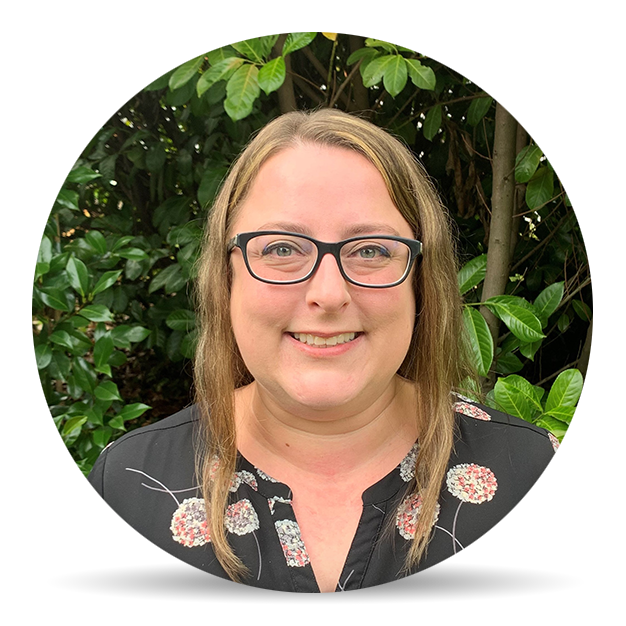Leveraging oncology gene expression signatures to accelerate research
Immuno-Oncology Insights 2022; 3(7), 357
DOI: 10.18609/ioi.2022.037
Published: 2 July 2022
FastFacts
RNA signatures are at the forefront of cancer research and can enhance study outcomes and accelerate the translation of findings from the bench to the clinic.
In this video and poster from Immuno-oncology Insights, Sarah Church discusses a gene expression panel containing 770 human genes in total, profiling the tumor, microenvironment, and immune response. It contains 48 biological signatures, including the Tumor Inflammation Signature (TIS) which measures activity known to be associated with response to PD-1/PD-L1 blockade therapy.
Watch the video, read the scientific poster, or submit your own question to the presenter for insights into:
- Panels with clinically, analytically, and biologically established signatures which can be used to vastly improve the statistical power and interpretation of data
- Research signatures focusing on biological themes including tumor immunogenicity, inhibitory tumor mechanisms, anti-tumor immune activity, stromal factors, inhibitory immune signaling, and immune cell population abundance
- The framework and processes that went into developing the signatures
